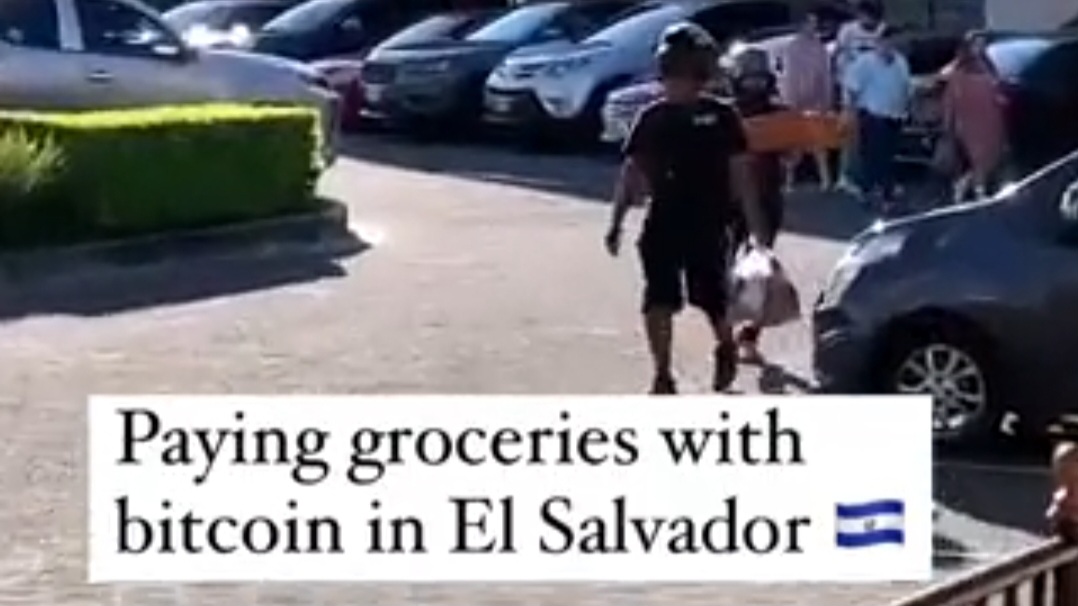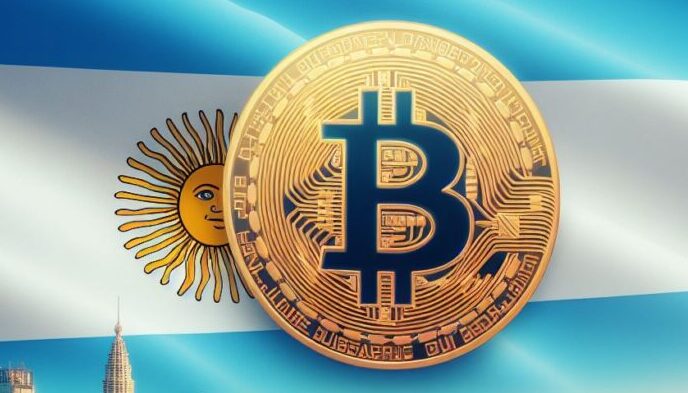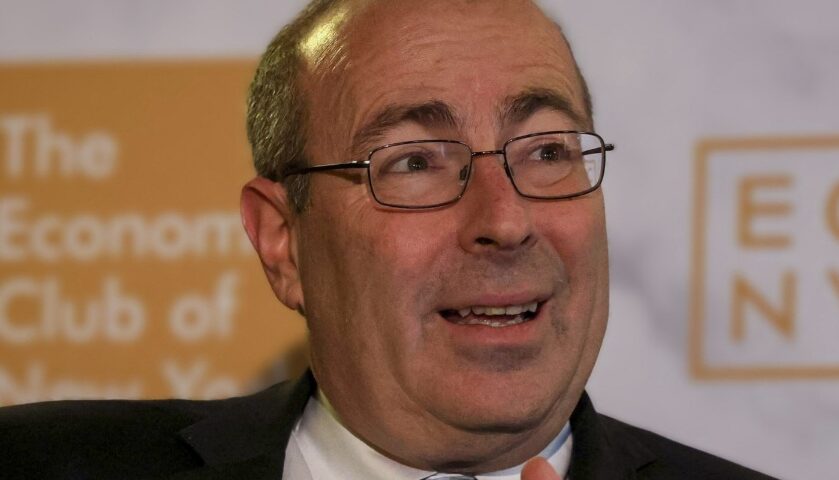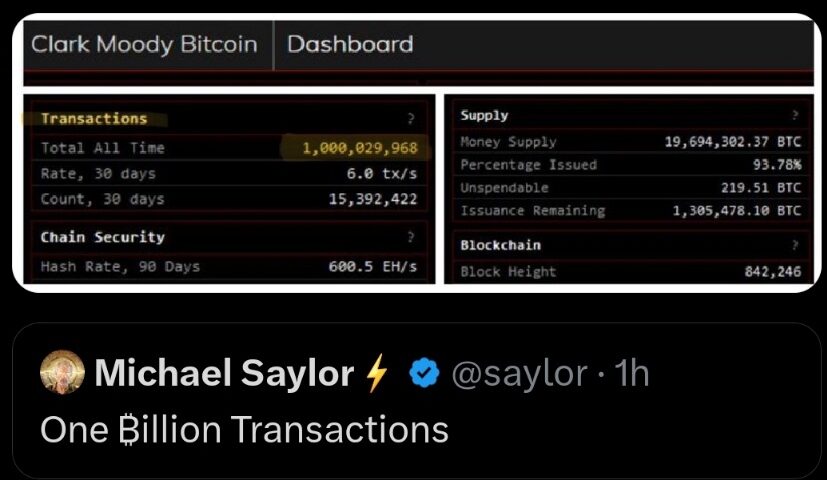In the world of cryptocurrency, the adoption of Bitcoin as a medium of exchange is steadily gaining momentum. One Bitcoin enthusiast, Arnold Hubach, recently shared his firsthand experience of living on a Bitcoin standard during a visit to El Salvador. Hubach’s journey sheds light on the practicality and challenges of using Bitcoin for everyday transactions, even in countries where it is not yet hyperbitcoinized.
Tweet Highlights:
Hubach’s adventure began at “Super Selectos,” a popular grocery store in El Salvador, where he successfully purchased groceries using Bitcoin. The key details of his transaction are as follows:
- Transaction Value: Arnold spent more than $100 in Bitcoin for his groceries.
- Lightning Fast: The transaction was processed over the Lightning Network, completing in less than 2 seconds.
- Low Fees: Remarkably, Hubach paid only 0.4% in fees for the entire transaction.
- Non-Custodial Wallet: The transaction was conducted using the @PhoenixWallet, a non-custodial wallet that gives users control over their private keys.
Living on a Bitcoin Standard:
Despite El Salvador not being hyperbitcoinized, Hubach acknowledges that certain inconveniences still exist. The cashier took some time to create the invoice, and the grocery store likely holds USD, given its use of the Chivo wallet. Hubach recognizes the need to be selective about where he shops to fully embrace a Bitcoin standard.
The Undervalued Freedom:
For Hubach, the ability to buy basic necessities in a foreign country using scarce sovereign money with minimal fees is a groundbreaking experience. He emphasizes that the opportunity to live on a Bitcoin standard, even with some limitations, is vastly undervalued. Hubach’s journey took him through various locations in El Salvador, including El Zonte, San Salvador, Berlín, La Pirraya, and more.
Promoting Change, One Inquiry at a Time:
One intriguing aspect of Hubach’s approach is his persistence in asking businesses, “accepta Bitcoin?” He believes that continuous inquiry, even in places that may not currently accept Bitcoin, is essential for driving change. Hubach acknowledges the marathon nature of Bitcoin adoption, likening it to a long-term commitment rather than a quick sprint.
The Power of Non-Custodial Wallets:
Hubach’s choice of a non-custodial wallet signifies a commitment to financial sovereignty and security. Non-custodial wallets, such as Phoenix, Zeus, and Muun, operate on the principle that users maintain control over their private keys. This crucial distinction sets them apart from custodial wallets, where a third party manages users’ private keys on their behalf.
Conclusion:
Arnold Hubach’s experience in El Salvador offers a glimpse into the evolving landscape of Bitcoin adoption. While challenges persist, the ability to conduct daily transactions with scarce sovereign money presents a remarkable opportunity. Hubach’s journey serves as a reminder that embracing a Bitcoin standard requires perseverance, adaptability, and a willingness to be selective in one’s choices. As the world continues its journey toward widespread cryptocurrency adoption, enthusiasts like Hubach play a crucial role in paving the way for a decentralized future.
Related: Bitcoin miners hit ATH with $44M earnings! Bitcoin miners hit ATH with $44M earnings!




